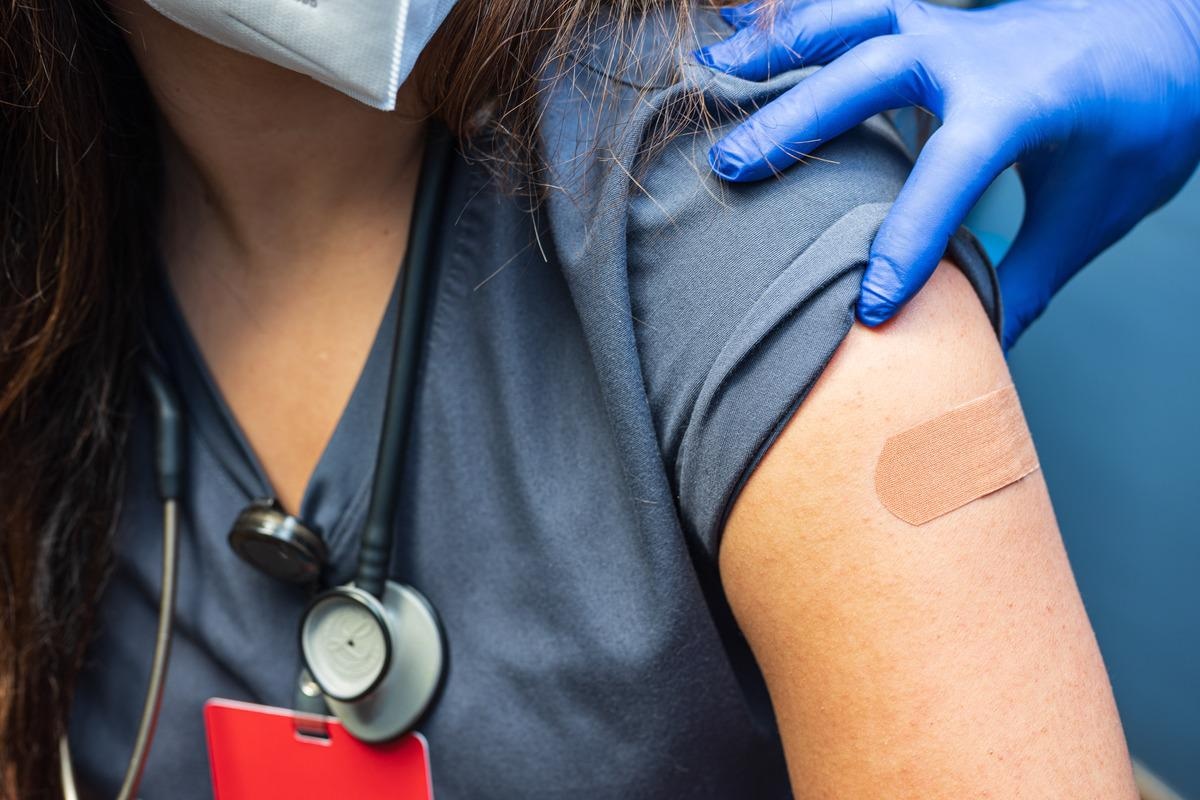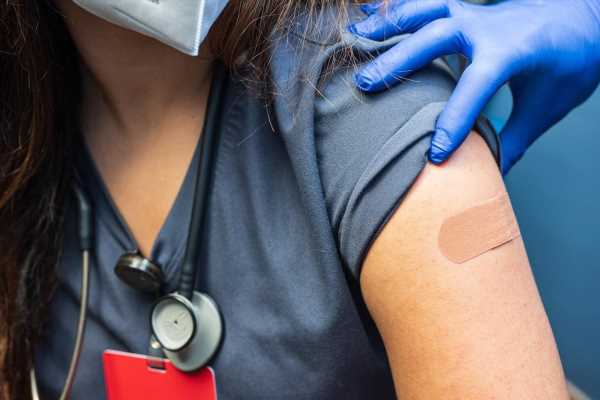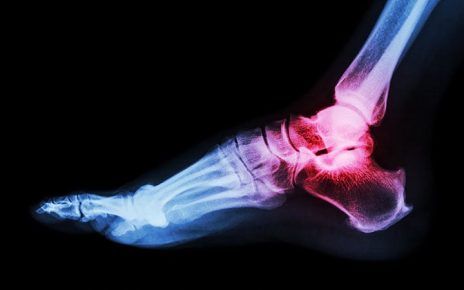The development and mass administration of several coronavirus disease 2019 (COVID-19) vaccines allowed many nations to vaccinate their population. Still, with studies revealing waning immunity and new variants continuing to emerge, the original two-dose vaccination is no longer sufficient. Many governments now advise a third dose, and researchers from the Bnei-Zion Medical Center in Israel have been investigating the use of a fourth dose in healthcare workers.
A preprint version of the study is available on the medRxiv* server, while the article undergoes peer review.

The study
The study cohort included data gathered from healthcare workers (HCWs) in eleven hospitals across Israel. All had received at least three doses of the BNT162b2 vaccine before the beginning of the study, and none had contracted COVID-19 before. Breakthrough infection rates in both triple- and quadruple-vaccinated individuals for comparison. No systematic testing occurred, and all HCWs tested positive took PCR tests of their own volition. Rate ratios for the entire cohort and individual subgroups were calculated, and calculations on 4- and 3-dose recipients who received the dose on the same date were also performed – with matching for subgroups. Time-dependent Cox-regression models allowed the fourth dose administration timing to be accounted for.
There were 29,612 HCWs who were eligible for inclusion in the study, the vast majority of which had received three vaccine doses. 18% had received the fourth dose and were not infected in the first week following administration. Generally, men and older individuals, as well as those directly linked to a medical profession, were more likely to have received a vaccine. The rates of four-dose vaccination were similar across all hospitals, as were HCW characteristics.
Breakthrough infection rates in the four dose groups were 6.9% on average, compared to 19.8% in the three dose group. The rate ratio was 0.35 for basic analysis and 0.61 for matched analysis, with adjusted HR from the Cox-regression model at 0.56, with the effect of the fourth dose consistent over all analyses and over all subgroups. There was no severe disease or death in either group.
Conclusions
The data shows that the fourth dose significantly reduces breakthrough infections in healthcare workers, supporting previous research showing very similar findings in the elderly. The authors highlight that although a fourth dose is less effective than the third dose, it could be worthwhile in occupations such as healthcare workers who suffer from an increased likelihood of infection. They also highlight some weaknesses with the study – as infections may have been missed without routine testing.
While the study concludes with advice for considering a fourth booster for healthcare workers, other scientists have previously argued against this. While more boosters continue to combat the effects of waning immunity and allow developed nations to rebuild quicker, the resultant lack of doses in developing nations can cause greater harm to both groups in the future.
Some of the biggest global and national spikes in COVID-19 cases have been seen when new variants have emerged, with the most obvious cases being the Delta and Omicron variants. As long as the disease has large unvaccinated human reservoirs, new variants that show an even greater ability to evade both natural and vaccine-induced immunity can continue to emerge.
*Important notice
medRxiv publishes preliminary scientific reports that are not peer-reviewed and, therefore, should not be regarded as conclusive, guide clinical practice/health-related behavior, or treated as established information.
- Effectiveness of the BNT162b vaccine fourth dose in reducing SARS-CoV-2 infection among healthcare workers in Israel, a multi-center cohort study. Matan J Cohen, Yonatan Oster, Allon E Moses, Avishay Spitzer, Shmuel Benenson, the Israeli-hospitals 4th vaccine Working Group. medRxiv. doi: https://doi.org/10.1101/2022.04.11.22273327 https://www.medrxiv.org/content/10.1101/2022.04.11.22273327v1
Posted in: Medical Science News | Medical Research News | Disease/Infection News
Tags: Coronavirus, Coronavirus Disease COVID-19, covid-19, Healthcare, immunity, Omicron, Research, SARS, SARS-CoV-2, Vaccine

Written by
Sam Hancock
Sam completed his MSci in Genetics at the University of Nottingham in 2019, fuelled initially by an interest in genetic ageing. As part of his degree, he also investigated the role of rnh genes in originless replication in archaea.
Source: Read Full Article



